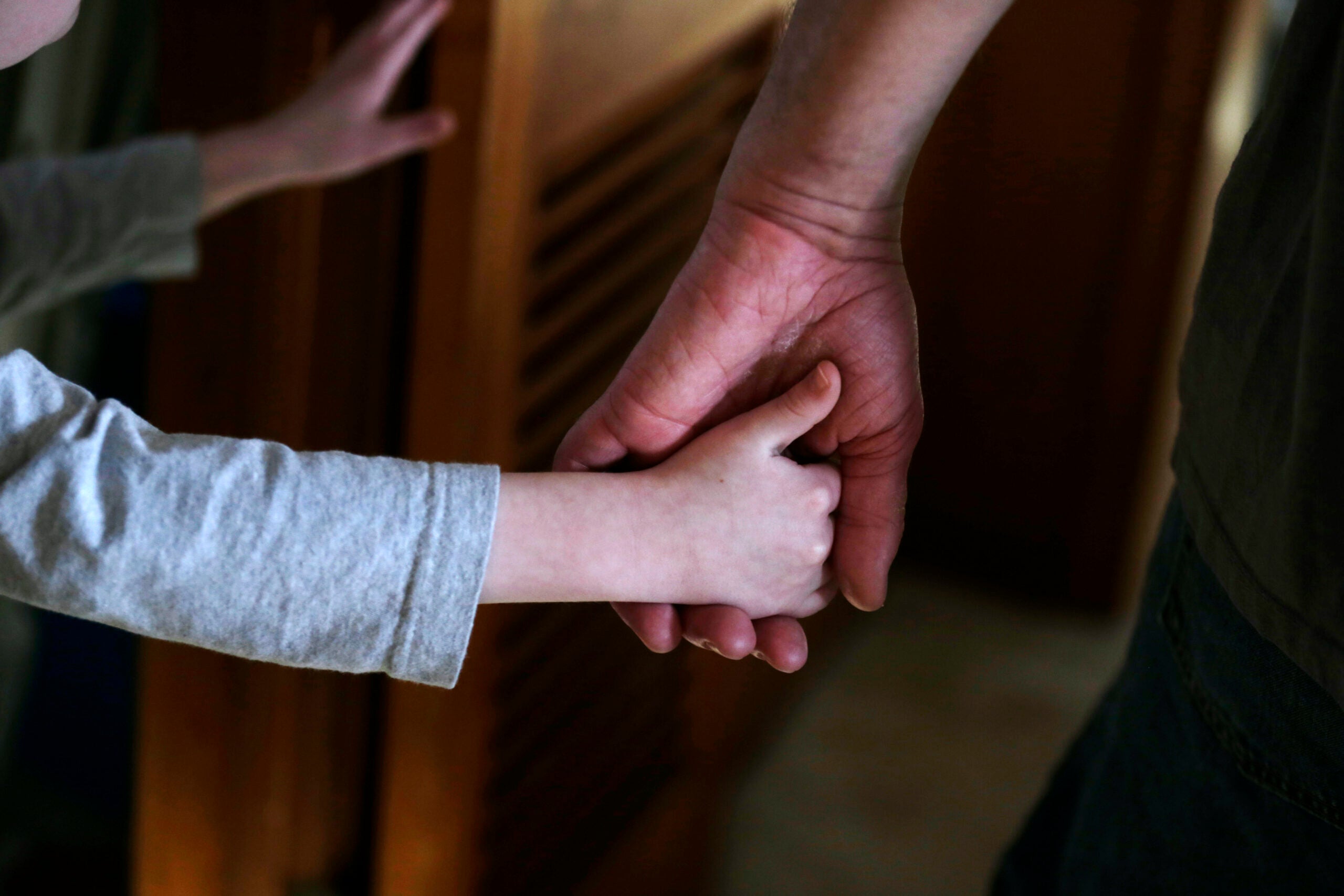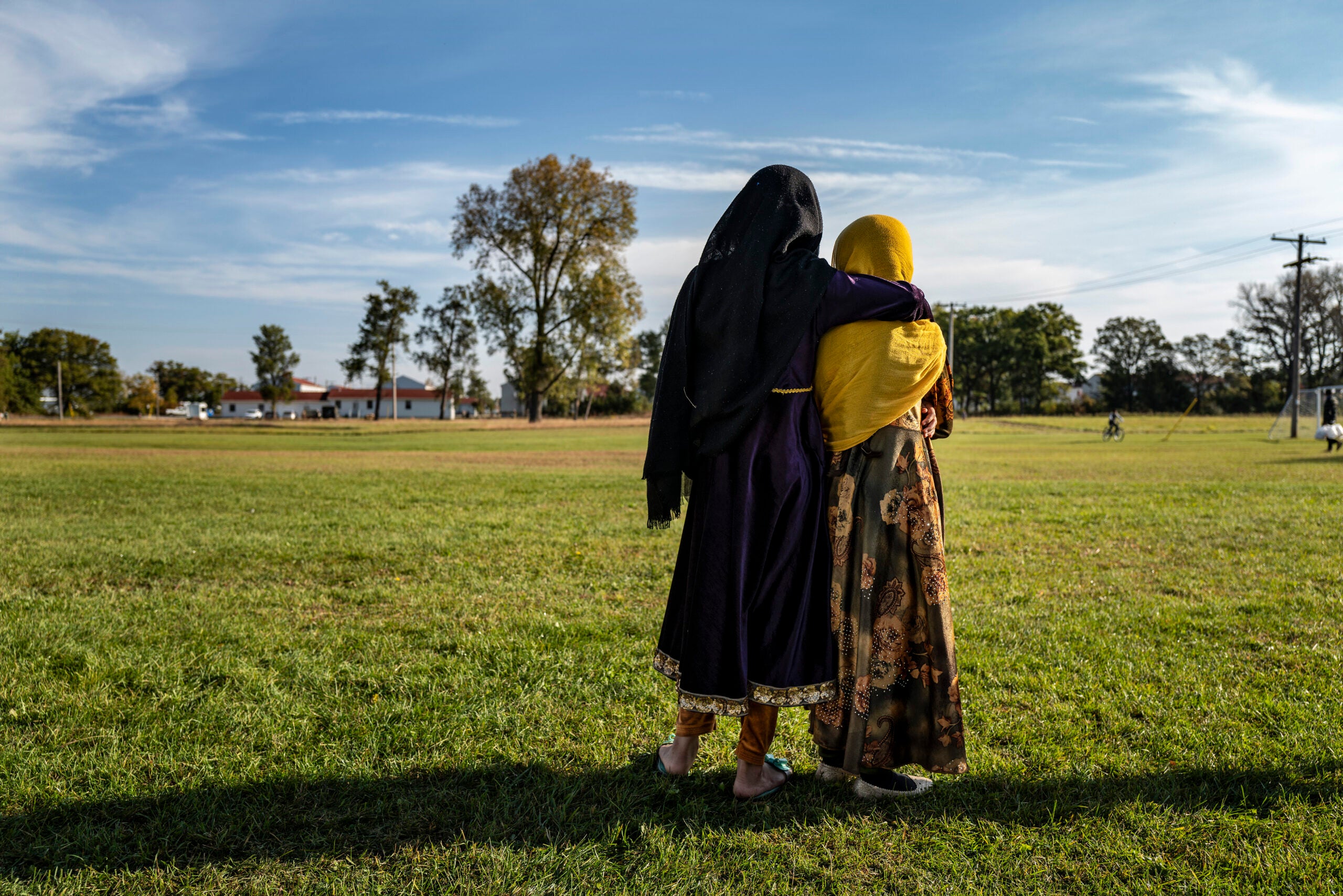We find out what the non-partisan Congressional Budget Office says the impacts of the GOP’s new health care plan might be. A Wisconsin man shares his family’s experiences in the World War II internment camps where 120,000 Japanese-Americans were held. And a doctor shares his advice for patients and caregivers to successfully navigate the new reality after a diagnosis of a serious disease.
Featured in this Show
-
Congressional Budget Office Says The GOP Health Care Bill Could Leave 24 Million Uninsured In A Decade
On Monday the Congressional Budget Office projected the number of uninsured people under the new Republican health care bill would grow to be 24 million people in a decade. We talk to a political scientist and policy analyst about the CBO’s new study on the bill and what it could mean for health care reform going forward.
-
Wisconsinite Shares His Family's Experience In Japanese-American Internment Camps
Nearly two months after Japan attacked Pearl Harbor,U.S. President Franklin D. Roosevelt signed Executive Order 9066 on Feb. 19, 1942.
By that summer, about 120,000 people of Japanese descent were forcibly relocated from their homes on the West Coast into government-run internment camps. Though many of those settled into camps were Japanese-American during World War II, fears over espionage and collusion with the Japanese government were rampant.
Wisconsin native and musician Norman Yamada’s family was among those required to leave their homes. Like all Japanese-American families affected by Roosevelt’s executive order, they had a short window of time to either store or sell their possessions before being relocated to one of the 10 camps scattered throughout the country.
“By May of 1942, (my mother’s family) had to take only what they could carry, get on the train in San Diego, and head up to Santa Anita,” Yamada said.
Families taken by train to Santa Anita were taken to a race track that served as a dispersal center to the camps, the musician said. His mother’s family was eventually resettled at the internment camp, Poston Relocation Center, in Poston, Arizona.
“When they did get to camp, there were rows and rows of barracks,” he said. Each building was split into six rooms and whole families would be assigned to a single room, he said.
“You would have, in lots of cases, the grandparents, the parents and the kids all living in one room,” Yamada said. “There was a potbelly stove in the corner. And there were partitions, but they were open along the top. So, there wasn’t a whole lot of privacy.”
People from all professional backgrounds were relocated to the camps. Yamada said having a mix of doctors, lawyers, plumbers and more created a small microcosm of society within the confines of the camp.
“Eventually they were able to make the facilities a little more hospitable to themselves,” he said. “They were able to start growing their own food and things like that. But you were still out in a pretty desolate area where you couldn’t leave.”
While members of Yamada’s family would occasionally reference their time in the camps, he didn’t get the full details of his mother’s experience until she was well into her 70s. His family had tried throughout the years to put the experience behind them.
Since speaking with his mother, the former band director has visited the respective sites his mother and father were placed — his father’s family was sent to an internment camp in Wyoming. Yamada has also made it a mission to learn as much as he can in order to educate others about the camps by giving public presentations about his family’s experience.
By late 1944, Executive Order 9066 was suspended and families were able to return to their homes.
Neither of Yamada’s parents returned to California. Both eventually reconnected in Chicago and later settled in Platteville, Wisconsin, where his father worked in a chicken hatchery. Yamada would grow up to graduate from Plateville High School in 1967 and become the band director at Barron High School from 1972 to 2005.
In the decades after the signing of Executive Order 9066, it was determined that the Roosevelt administration was not justified in its decision to relocate Japanese-American families during World War II.
In 1989, President George H.W. Bush signed a bill that aimed to repair the damage done to families that were forced to live in the camps. Throughout the 1990s, families received a letter of apology from the United States government and received reparations.
-
After A Serious Illness Diagnosis, Focus On Quality Of Life
Being diagnosed with a serious illness such as cancer, heart disease, or Alzheimer’s can leave us feeling fearful and hopeless. However, by crafting our treatment plan around the things we value most in our lives, we can maintain a high quality of life. That’s according to Dr. Steve Pantilat, who shares how to answer a diagnosis by living as well as we can for as long as we can.
-
Palliative Care Doctor Shares Advice For Life After A Difficult Diagnosis
Being diagnosed with a serious illness such as cancer, heart disease or Alzheimer’s can be a terrifying experience.
Patients and their loved ones may fear the illness is incurable, worry about how much time they have left, and dread potentially difficult treatments and times ahead.
To help relieve some of these worries and anxiety, an integral part of treatment should include maintaining the things that give our lives value and purpose, said Dr. Steve Pantilat, a palliative care physician and the author of “Life after the Diagnosis: Expert Advice on Living Well with Serious Illness for Patients and Caregivers.”
“People are more than their disease, and they’re a whole person, and we really try to focus on who that person is to give the best care to the individual,” said Pantilat, who is also the director of palliative care service at the University of California San Francisco Medical Center.
Even in the face of serious illness, a patient can have tremendous joy in their life, Pantilat said.
When a patient receives bad news, it feels like flying on a plane, cruising at 36,000 feet, and all of a sudden the plane drops 10,000 feet and the engine is on fire. The patient panics and doesn’t know what to do, Pantilat said.
Doctors often want to fill the silence after sharing a difficult diagnosis by talking, but Pantilat wants patients to know it’s OK to ask the doctor to wait.
“Put up your hand, ask the doctor to wait a minute, regroup, and then you’re ready to listen and hear about what’s going to happen next,” he said.
A patient doesn’t have to rush into treatment after a diagnosis either. He or she can take a day or a week, get a second opinion and write down questions for the doctor, Pantilat said. The patient can also bring someone with them to an appointment who can help listen for information, or even take notes during the visit to ensure they’re not missing any information.
After a diagnosis, Pantilat has two questions he asks his patients: What do you hope for? What do you worry about when you look to the future?
He said hopes typically go beyond a cure — patients hope to see their children get married, meet their grandchildren, spend more time with family, travel the world. Worries include not being able to recognize family members, living in a nursing home, not being able to drive or have as much freedom as before.
“Understanding the hopes and the worries allows (doctors) to really frame the treatment in terms of what you hope for rather than just talking about what we’re going to do for the disease,” Pantilat said.
Palliative care is an important concept for those dealing with a life-threatening diagnosis. The medical care is focused on improving the quality of life and helping people have as wonderful a life as possible.
“One thing we often talk about is, do you want to choose quality of life or quantity of life? And what we know from palliative care is that you don’t have to choose, that’s actually a false choice,” Pantilat said.
Episode Credits
- Rob Ferrett Host
- Veronica Rueckert Host
- Amanda Magnus Producer
- Judith Siers-Poisson Producer
- Dean Knetter Producer
- Steven Smith Guest
- Norm Yamada Guest
- Dr. Steven Pantilat Guest
Wisconsin Public Radio, © Copyright 2025, Board of Regents of the University of Wisconsin System and Wisconsin Educational Communications Board.


